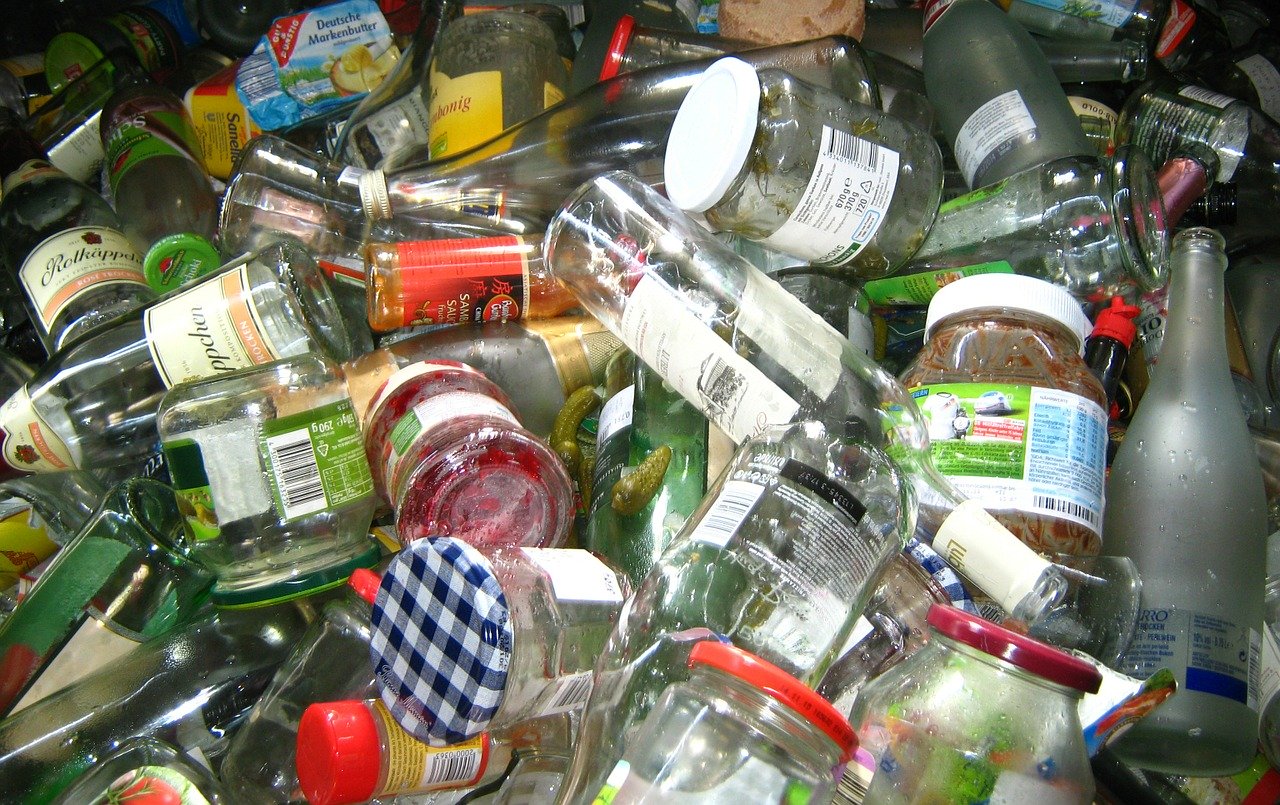Return and earn is the common description used to refer to the Container Deposit Scheme (CDS) or the Container Deposit Legislation (CDL) initiated initially in South Australia in 1977. Over the years, the initiative has been adopted in the Northern Territory (2012), New South Wales (NSW, 2017), the Capital Territory, and Queensland (2018). Western Australia has plans to initiate the scheme this year (2020) while Tasmania hopes to do so by 2022.
By January 2019, 10 European countries had implemented the scheme including Croatia, Estonia, Denmark, Iceland, Germany, Netherlands, Sweden, Lithuania, Norway, and Finland. In Asia, Japan has welcomed the initiative as well as Turkey and Israel in the Middle East. Canada and the US represent America, among other nations.
The scheme has seen millions of cans and bottles returned for recycling all over the world. For, example, by November 2018, 900 million bottles and cans had been returned in New South Wales after only one year since the launch of the initiative. Today, the NSW return and earn website registers up to 3,166,158, 712 returned drink bottles.
But not everyone is excited about the initiative. Victoria’s effort to roll out the scheme have been unsuccessful. In June 2019, France’s effort to initiate the scheme received widespread criticism with considerable numbers of citizens considering it unsuccessful and a decision made without much consultation.
A question arises: How can people be better educated about return and earn programs and locations near them so that these initiatives receive a wider embrace from citizens and greater success in their aim?
Three effective ways to better educate people about the return and earn programs
Return and earn initiatives majorly target communities. So, these communities must be educated and convinced about the benefits of the initiative. Here are three ways communities can be educated about return and earn programs.

Community fairs for public awareness and participation
One of the reasons for failed attempts to initiate the return and earn schemes is the lack of citizen-consultation and sensitisation. The drawback can be countered by organising community fairs geared at sensitising citizens about the aim and benefits of the scheme. Bringing communities together for this common purpose will make them feel that it is their initiative rather than one that is imposed.
This return and earn promotion day organized at Woolworths in Bella Vista, Sydney, on Wednesday, 31 July 2019, is a good example.
Media campaigns and updates
Whether campaigns on TV or social media are informing citizens about what containers are eligible. The benefits of recycling, and simulation demonstration about how it all works will all serve to make it appear easier and doable.
Some complaints that have been made describing the scheme as unsuccessful and stories of places where it was started and failed may be discouraging. Consistently informing citizens about success stories and updating them on current container-return statistics will be real evidence that the initiative is efficient.
Youth-friendly return and earn launch and follow-up campaigns in educational institutions
Schools and institutions of higher learning are some of the places where bottled and canned drinks are consumed in large quantities daily. Targeting these institutions by launching return and earn locations and holding follow-up campaigns can be an effective, educative action for the initiative.
The launches and campaigns can be communicated through youth-friendly methods. For example, inviting a music artist as an ambassador of the return and earn would create a great impact on the youth.
Return and earn initiatives have spread in many parts of the world since the first launch in Australia in 1977.
Education is key to making the initiative more credible and acceptable among citizens. Community fairs, media campaigns and launches, and follow-up initiatives in educational institutions can serve as effective ways to sensitise people on the nature and benefits of the return and earn enterprise.





